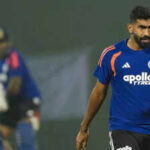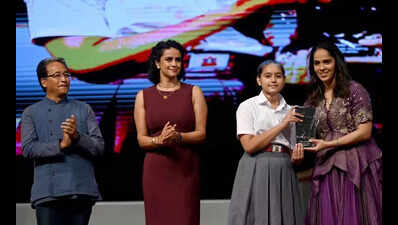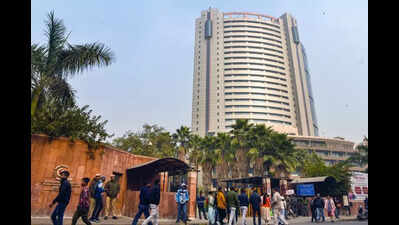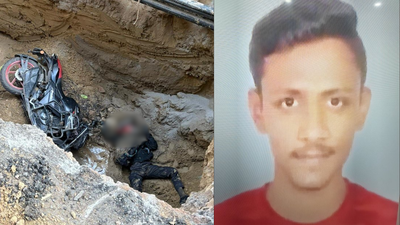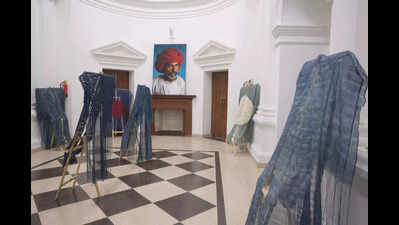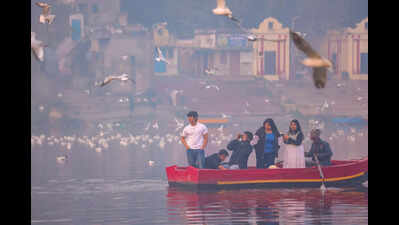New Delhi: “Watch closely, observe, question and reflect.” With this call to action, the grand finale of Times Critical Thinking Championship (TCTC) 2025 began at the Siri Fort auditorium on Monday, celebrating young minds who stood out for their ability to think beyond textbooks.The event marked the culmination of The Times Foundation’s pilot project to instil critical thinking in school children, a year-long initiative that trained over two lakh students from classes III to XII across 500 schools in 25 states. Alongside, 5,000 teachers were also trained in new pedagogies designed to nurture inquiry, creativity and problem-solving skills. The larger aim is to create a generation that can apply critical thinking to contribute to national development. The foundation has set a target of nurturing 1.8 million critical thinkers by 2027. The next edition of the championship will be held on Sept 8, 2026.From more than two lakh participants, 35 students were selected this year for exhibiting exceptional critical thinking skills and felicitated with mementoes by The Times of India COO Mohit Jain and distinguished guests, including badminton ace Saina Nehwal, innovator Gul Panag and educationist Sonam Wangchuk. The students were selected through two rounds of tests — an offline written test and a video call with the master trainer assessing their critical thinking skills.The auditorium buzzed with applause as each student walked up to the stage. The winners then joined hundreds of their peers in listening to an interactive fireside chat. Nehwal highlighted how hard work and consistency helped her succeed on court while Wangchuk and Panag spoke about questioning conventional solutions and embracing experimentation.Before the discussion, students staged a skit on Netaji Subhas Chandra Bose, directed by child drama expert Raj Upadhyay. With live music and powerful theatrics, the play traced Netaji’s ideological journey, from his early awakening influenced by Swami Vivekananda to his differences with Mahatma Gandhi and his eventual role in India’s freedom struggle. The performance underscored how a questioning spirit can shape history.The championship is part of a broader effort to build, assess and reward critical thinking in school students in alignment with National Education Policy 2020 and United Nation’s Sustainable Development Goal 4 on quality education. Organisers pointed to the urgent need for such initiatives as ASER 2023 had found that only 20% of the students in India display higher-order thinking skills while India Skills Report 2024 had flagged weak problem-solving and communication abilities as key reasons for poor employability.The programme aims to make students “stretch their minds, sharpen their reasoning and unleash their potential”. As the event concluded, students and teachers left with a clear message: critical thinking is not just an academic skill, but a life tool.




